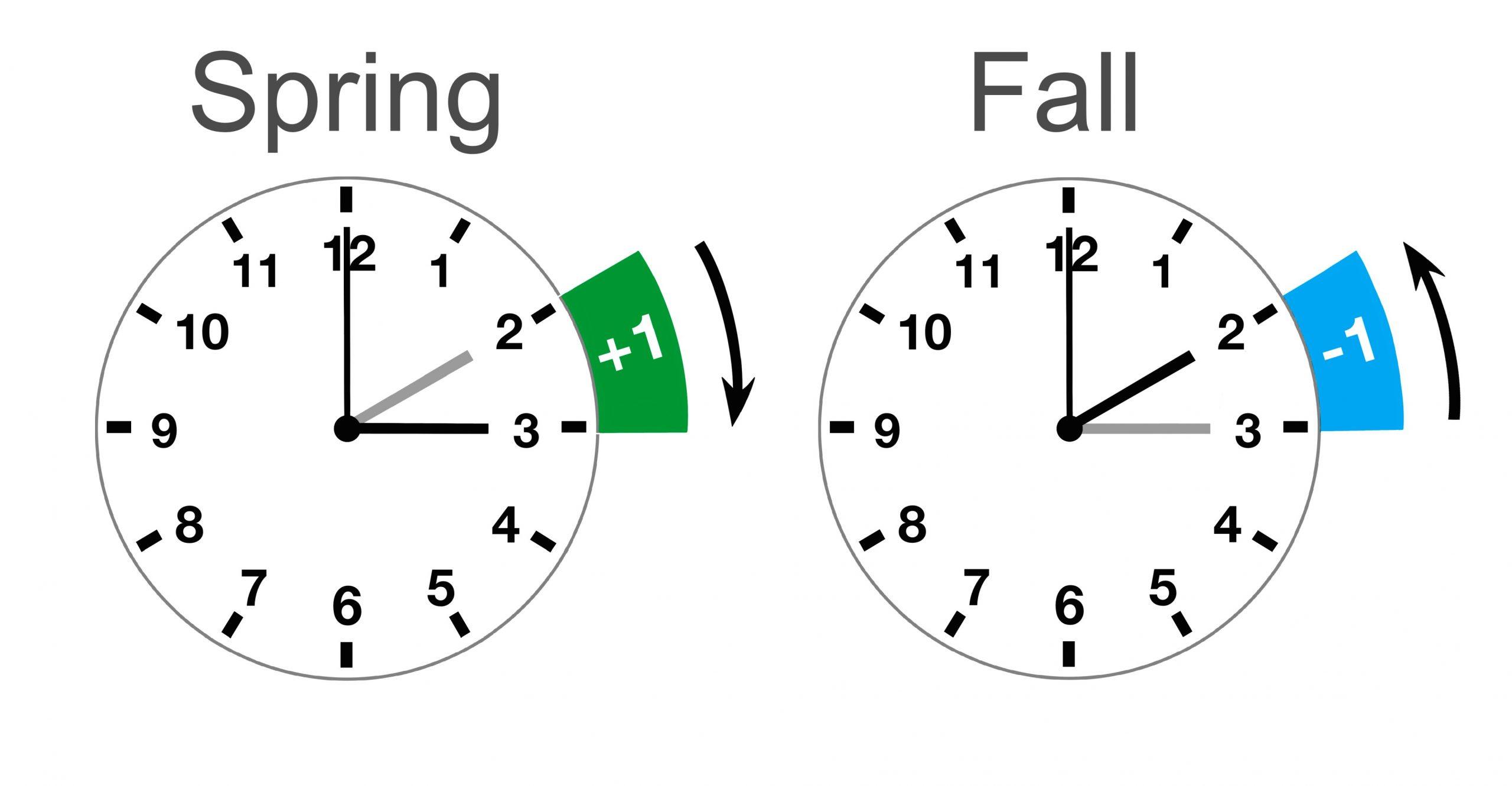Did the Clocks Change Today? What You Need to Know

The Importance of Time Changes
Every year, millions of people in the UK adjust their clocks twice—once in March and once in October. The practice of changing clocks is part of the Daylight Saving Time (DST) system, which aims to make better use of daylight during the longer days of summer. For many, these changes can impact daily routines, sleep schedules, and even business operations.
When Did the Clocks Change?
This year, the clocks in the UK changed on October 29, 2023, at 2:00 AM, reverting back one hour to 1:00 AM. This change marks the end of British Summer Time (BST) and the return to Greenwich Mean Time (GMT). The change not only impacts when the sun sets but also how people plan their activities, from evening events to morning commutes.
What Are the Implications of the Change?
The shifting of clocks can cause confusion and even concerns about safety as darker evenings can lead to increased road traffic. Research suggests that the transition might disrupt sleeping patterns temporarily, affecting productivity in the following days. Moreover, businesses, particularly in the hospitality and retail sectors, can expect changes in customer behaviour, as people may adjust their activity times due to the new daylight conditions.
Looking Ahead
As we move into winter, understanding the implications of this change becomes crucial. While the short days can often be associated with a decrease in mood and energy levels, it is important for individuals and communities to find ways to adapt. The next clock change will occur on March 31, 2024, when the clocks will spring forward again.
As time changes, it serves as a reminder for all of us to adjust our routines. Whether that means preparing for shorter evenings or realising we have more time in the morning, it is a good opportunity for reflection and adaptation.
